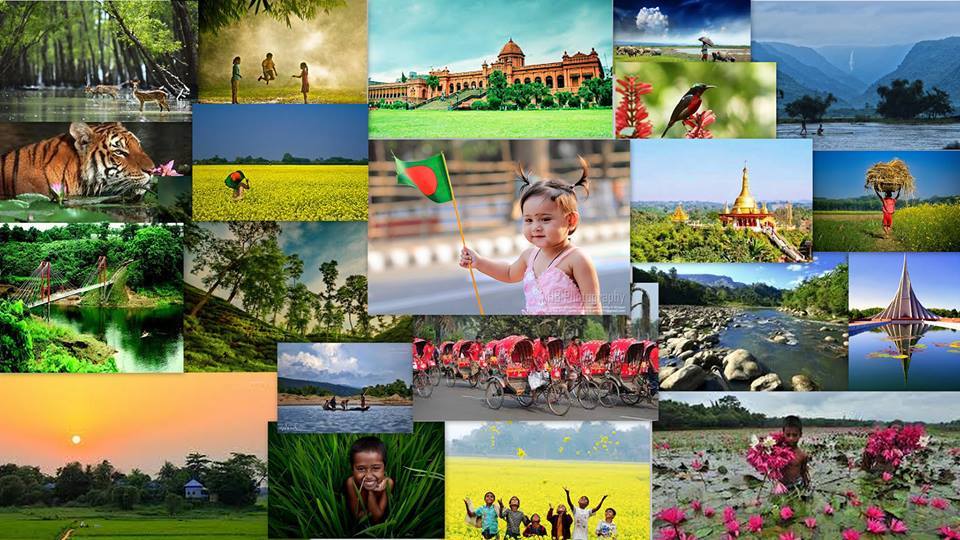
Tourism in Bangladesh
Course Objectives: This specialized course has been offered to broaden the horizon of thinking of the
graduate students about the prospect and problems of overall Bangladesh tourism. This course is highly
analytical, critical, and participatory. The students have to form the groups and debate over several issues
relating to Bangladesh tourism. The objective of this course is to make the future leaders in tourism sector
more realistic, strategic, assertive and imaginative.
Course Integrity: Honesty and integrity are integral components of the academic process. Students are expected
to be honest and ethical at all time in their pursuit of academic goals
**Developed By:
M/S Tanjila Afroz Mou (MBA & BBA, Major in THM, DU)
Lecturer, Dept. of Tourism & Hospitality Management,
Daffodil Institute of IT
Lecture: 01
View allReference Book
View allChapter 01(Tourism Introduction)
View allChapter 02(Approaches to the study of tourism
View allChapter 03 (Statistical Facts and Economic Review of Bangladesh Tourism )
View allChapter 4 :Tourism policy of Bangladesh and the experiences from India, Nepal and Bhutan
View allChapter 05 Problems and prospect of Cultural, Archaeological (historical), and Sports tourism in Bangladesh
View allCultural tourism has been defined as 'the movement of persons to cultural attractions away from their normal place of residence, with the intention to gather new information and experiences to satisfy their cultural needs'. These cultural needs can include the solidification of one's own cultural identity, by observing the exotic "other".
This video is targeted to blind users.
Attribution:
Article text available under CC-BY-SA
Creative Commons image source in video